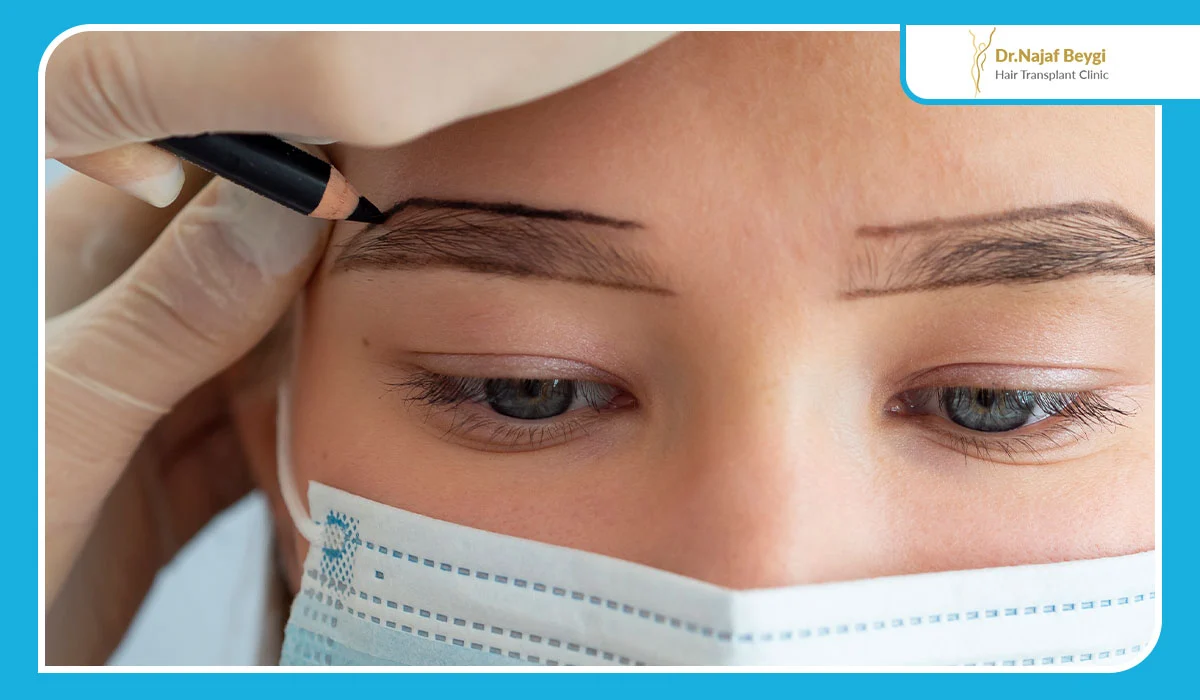Managing Expectations: From Procedure to Final Results
페이지 정보

본문
Following a cosmetic or clinical treatment it is natural to feel thrilled and anticipatory to see the enduring outcome. However, the path from the treatment day to the the point where results are fully visible can take significantly more weeks or months than most assume. Grasping the natural healing curve is key to setting realistic goals.
In the first 24 to 72 hours, your body is in healing phase. Inflammation, discoloration, soreness, or sensitivity are normal and often the most concerning aspects of your appearance during the first few days. These effects are not the end goal—they are natural markers of recovery. It is understandable to feel disappointed when you look in the mirror and کاشت ابرو در تهران see something that looks far from ideal, but this is a expected phase of healing.
Within the initial 7 days, you may detect gradual improvements as initial swelling reduces. However, major transformations are still in progress below the skin. Many people mistakenly believe that if they don’t look dramatically different by the seventh day, something went wrong. This is rarely the case. Recovery doesn’t happen in leaps, and progress often happens slowly and subtly.
After four weeks, most of the early complications have faded, and you may observe noticeable improvements. But at this point, your body is undergoing ongoing changes. Tissues are settling, structural support is regenerating, and foundational changes are taking hold. For many procedures, especially those involving non-surgical contouring or lifting, it can take three to six months before the final result becomes visible.
Certain treatments, particularly those that stimulate natural biological responses, can take 12 full months to reach their maximum efficacy. This is because the cellular regeneration follows its own rhythm. Being patient is essential—it is a non-negotiable component.
It is important to follow your provider’s aftercare instructions precisely. Neglecting post-op appointments, disregarding photoprotection recommendations, or resuming physical strain prematurely can increase risk of complications. Stay in communication with your care team. They can help you understand what to expect and validate your experience when results feel delayed.

Remember, everyone heals differently. Factors such as age, skin type, overall health, and lifestyle all determine your recovery speed. Measuring your progress against others can lead to damaging self-doubt. Stay centered on your personal recovery and have confidence in the timeline.
Understanding recovery doesn’t mean settling for less—it is about grounding your hopes in science. By embracing the slow, steady nature of healing, you reduce anxiety, preserve your mental well-being, and ultimately enjoy the journey as much as the outcome.
- 이전글Understanding the Timeline of Eyebrow Regrowth After Surgery 25.10.09
- 다음글Essential Skin Care Steps Post-Eyebrow Tattoo 25.10.09
댓글목록
등록된 댓글이 없습니다.

